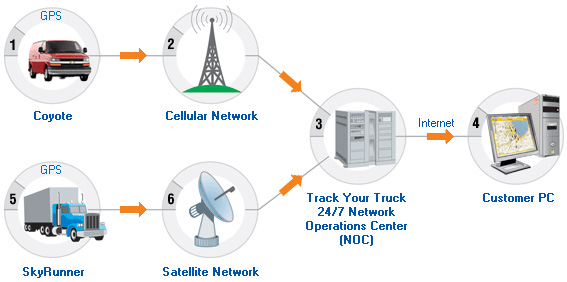jaydeehess
Senior Member.
Who said it was impossible?
BTW, truck tracking has the truck communicating with terrestrial commstations and geosynchronous satellites such as those that deliver direct to home satellite TV. Guess where those are most effective? Over land because that's where TVs and trucks are. I doubt that sat TV reception is very good 500 miles west of Perth.
BTW, truck tracking has the truck communicating with terrestrial commstations and geosynchronous satellites such as those that deliver direct to home satellite TV. Guess where those are most effective? Over land because that's where TVs and trucks are. I doubt that sat TV reception is very good 500 miles west of Perth.

